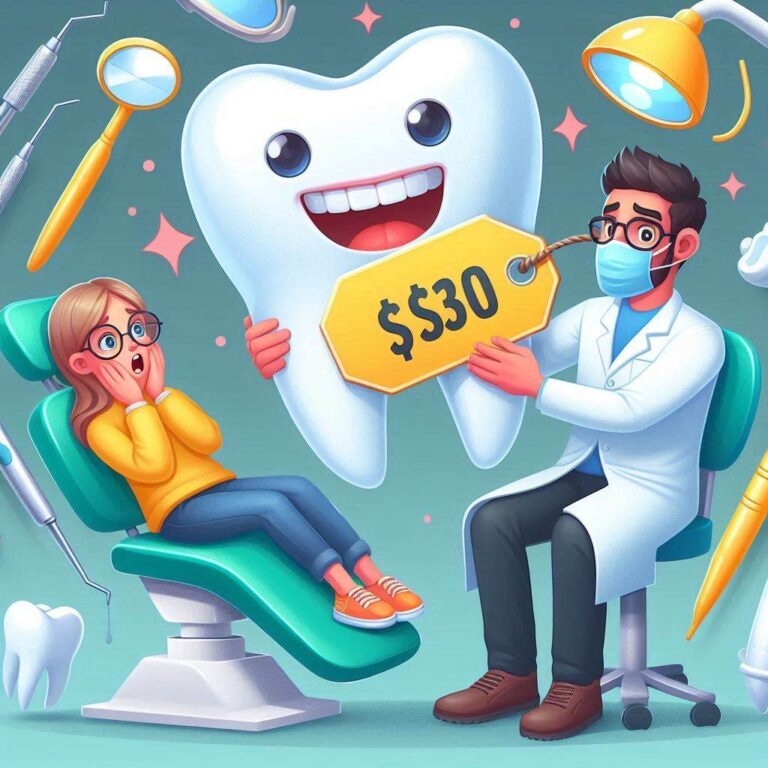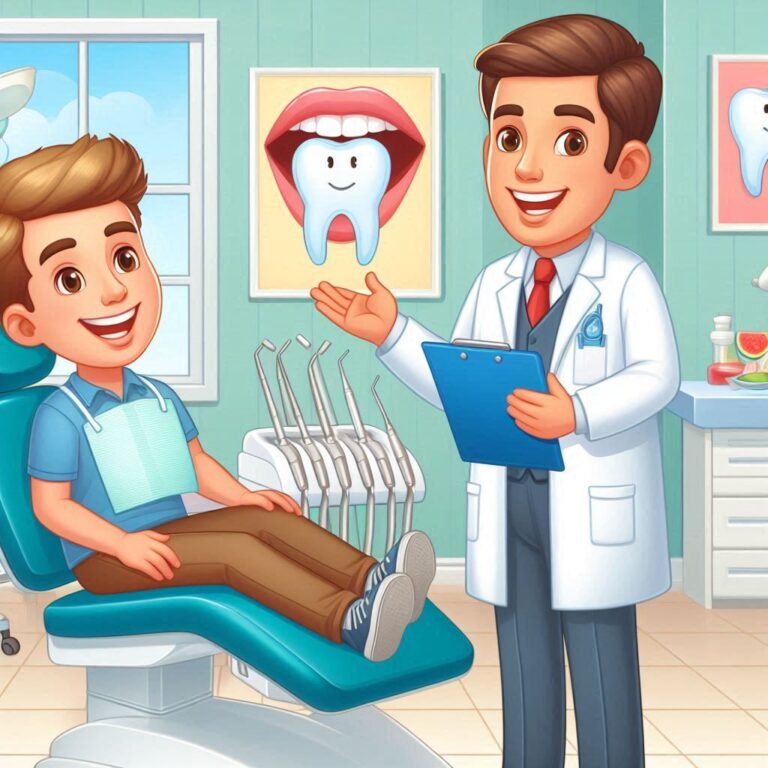Navigating the Maze: Understanding Teeth Removal Costs in Qatar
A radiant smile is a universal symbol of confidence and well-being. But sometimes, maintaining that smile requires a visit to the dentist for a tooth extraction. If you’re living in Qatar and facing this scenario, navigating the cost of tooth removal can feel like a maze. This comprehensive guide aims to shed light on everything you need to know about teeth removal costs in Qatar, empowering you to make informed decisions for your oral health.

Why Teeth Need Removal?
Before delving into costs, let’s understand why teeth might need removal. Here are some common reasons:
- Severe tooth decay: When decay reaches the pulp (the inner chamber) of the tooth, causing pain and infection, extraction becomes necessary.
- Impacted wisdom teeth: Wisdom teeth, the third molars, often emerge sideways or lack sufficient space, leading to impaction and potential damage to surrounding teeth. Removal is usually recommended.
- Advanced gum disease: In severe cases, gum disease loosens teeth, making them non-salvageable.
- Root fractures: A cracked or broken root can compromise the health of the tooth and necessitate extraction.
- Overcrowding: To create space for orthodontic treatment (braces, aligners), some teeth might need extraction.
Factors Affecting Teeth Removal Costs in Qatar
The cost of tooth removal in Qatar isn’t a one-size-fits-all situation. Several factors influence the final price tag:
- Type of Tooth: Extracting a front tooth, typically easier to access, might be less expensive than removing a wisdom tooth impacted below the gum line. Wisdom teeth extractions often require surgical intervention, pushing the cost upwards.
- Complexity of Extraction: A simple extraction involves removing a visible tooth with minimal bone involvement. A surgical extraction, for impacted or deeply rooted teeth, necessitates more time, skill, and potentially anesthesia, leading to higher costs.
- Dental Clinic: Location, reputation, and the expertise of the dentist can significantly impact the cost. High-end clinics in prime locations might charge more than smaller practices in suburbs.
- Anesthesia: Simple extractions might not require anesthesia, but complex procedures often do. Local anesthesia is typically less expensive than general anesthesia, which can significantly increase the cost.
- X-rays and Diagnostics: Pre-operative X-rays and other diagnostic tools help dentists assess the situation and plan the extraction. The number and type of diagnostics can influence the overall cost.
- Medication: Post-operative pain medication and antibiotics might be factored into the final bill.
Estimated Cost Ranges for Teeth Removal in Qatar
Here’s a table providing a general idea of teeth removal costs in Qatar, emphasizing that these are estimates and actual prices can vary:
| Type of Extraction | Estimated Cost Range (QAR) |
|---|---|
| Simple Extraction (Front Tooth) | 300 – 500 |
| Simple Extraction (Molar) | 400 – 700 |
| Surgical Extraction (Wisdom Tooth) | 800 – 1,500+ (per tooth) |
| Complex Surgical Extraction (Impacted Wisdom Tooth) | 1,500 – 3,000+ (per tooth) |
Additional Cost Considerations
- Consultation Fees: Many clinics charge a consultation fee for the initial evaluation before the extraction.
- Follow-up Appointments: You might need post-operative check-ups, which could incur additional costs.
Understanding Dental Insurance Coverage in Qatar
Dental insurance plans in Qatar can significantly reduce teeth removal costs. Carefully review your insurance policy to understand coverage details for extractions, including:
- Percentage Coverage: What percentage of the cost does your plan cover?
- Annual Maximums: Is there a yearly limit on how much your insurance covers for dental procedures?
- Pre-approval Requirements: Does your plan require pre-approval for extractions?
Finding Affordable Teeth Removal Options in Qatar
Here are some tips for finding affordable teeth removal options in Qatar:
- Shop Around: Get quotes from several dental clinics before making a decision.
- Consider Public Dental Clinics: Qatar offers public dental clinics with potentially lower fees.
- Negotiate Payment Plans: Some clinics might offer payment plans to help manage the cost.
- Look for Promotions and Deals: Some clinics might have occasional discounts or promotions on extractions.
Conclusion
The cost of teeth removal in Qatar varies depending on several factors. By understanding these factors, researching dental clinics, and exploring insurance options, you can make informed decisions. Remember, a healthy smile is an investment, and prioritizing oral health is crucial for overall well-being.
FAQs
- What happens if I can’t afford teeth removal?
If the cost of teeth removal is a significant barrier, consider these options:
- Public Dental Clinics: Qatar’s public healthcare system offers dental services at subsidized rates. Contact the Primary Health Care Corporation (PHCC) to inquire about locations and services.
- Dental Schools: Some dental schools in Qatar offer low-cost or free dental procedures performed by students under the supervision of qualified dentists.
- Payment Plans: Many private dental clinics offer payment plans to spread the cost of treatment over time.
- Financing Options: Some financial institutions might offer medical loans to cover dental procedures. Explore these options with caution, considering the interest rates involved.
- How can I prevent the need for tooth removal?
Practicing good oral hygiene is the cornerstone of preventing tooth decay and gum disease, which are major reasons for extractions. Here are some essential practices:
- Brushing twice daily with fluoride toothpaste for at least two minutes.
- Flossing once a day to remove plaque and food particles between teeth.
- Regular dental checkups and cleanings (typically every six months) for professional cleaning and early detection of potential problems.
- Maintaining a healthy diet that limits sugary and acidic foods that can contribute to decay.
- What to expect after a tooth removal?
Following your dentist’s post-operative instructions is crucial for a smooth recovery. Here’s a general overview:
- Bleeding: Minor bleeding is normal after an extraction. Apply gentle pressure with gauze to control it.
- Pain: You might experience pain and swelling for a few days. Pain medication prescribed by your dentist can help manage discomfort.
- Diet: Stick to soft foods for the first few days after extraction to allow the healing process to begin.
- Oral Hygiene: Continue gentle brushing and flossing, avoiding the extraction site.
- What are the risks of tooth removal?
While generally safe, tooth removal carries some potential risks, like:
- Infection: Proper post-operative care minimizes this risk.
- Bleeding: Usually minor and manageable with gauze pressure.
- Dry socket: A painful condition where the blood clot dislodges from the extraction site, delaying healing.
- Damage to nerves or surrounding teeth: Relatively uncommon but can occur in complex extractions.
Additional Resources
- Primary Health Care Corporation (PHCC) Qatar: https://www.phcc.gov.qa/
- Qatar Dental Society: https://www.facebook.com/p/Qatar-Dental-Society-100082562404782/
- Mayo Clinic: Tooth Extraction https://www.mayodentalclinic.com/services/extractions/
Remember: This information is intended for general knowledge only and should not be a substitute for professional dental advice. Always consult with a qualified dentist for personalized recommendations regarding your oral health needs.


